Hoghton Hughes
New Zealand record mogul Hoghton Hughes once told a local music industry magazine that if consumers wanted a Chinaman playing bagpipes in the bath then he would give it to them. It’s the kind of comment you could never get away with today, much like the images of scantily clad women that adorned compilations of bawdy songs released on his Music World record label in the 1970s.
But times were different when Hughes established his recording empire on capital of $2000, working out of offices in suburban Christchurch. And if there was a market, he was more than willing to oblige. He famously told his salesmen that they were not in the music business; they were in the plastics business.
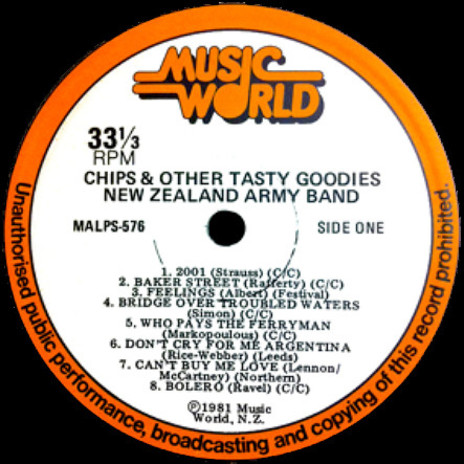
NZ Army Band - Chips and Other Tasty Goodies, Music World, 1981.
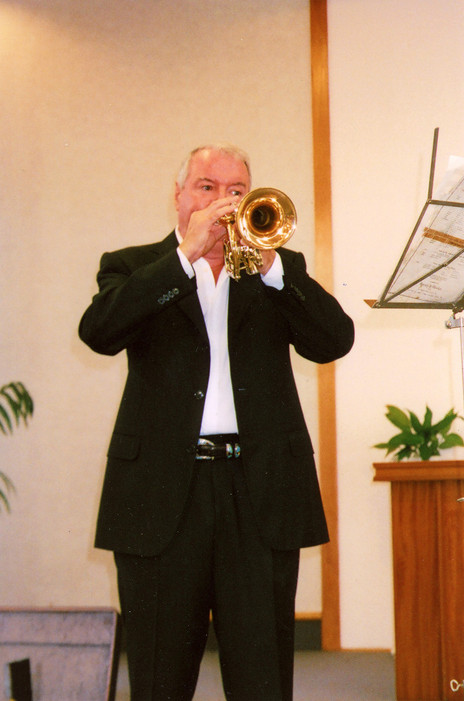
Hoghton Hughes performing a cornet recital in Hamilton.
Photo credit:
Hoghton Hughes collection
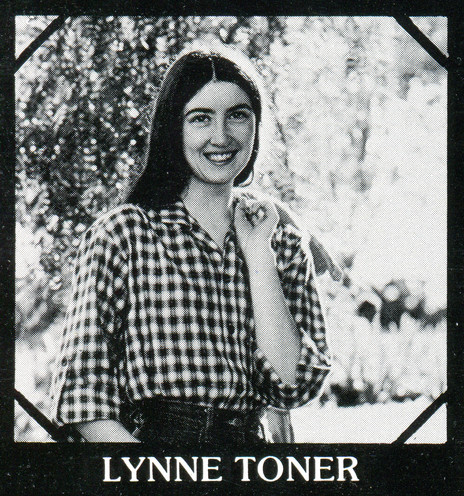
Music World recording artist Lynne Toner.
Photo credit:
Hoghton Hughes collection
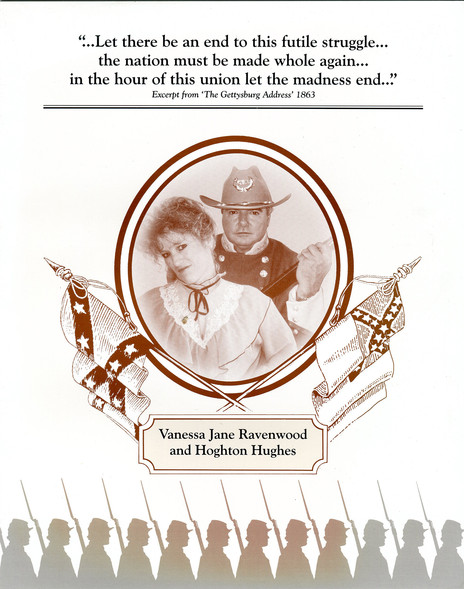
Hoghton and Vanessa's wedding invitation.
Photo credit:
Hoghton Hughes collection
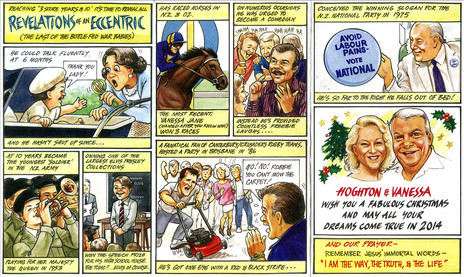
Hoghton and Vanessa's 2013 / 2014 Christmas card.
Photo credit:
Hoghton Hughes collection
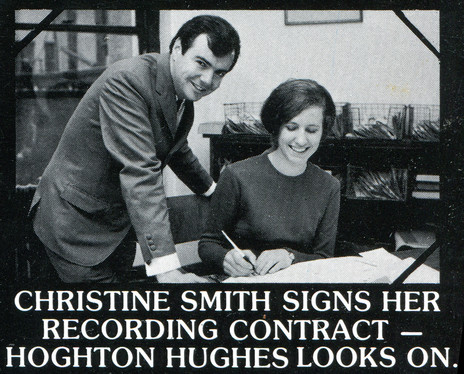
Music World star Christine Smith with Hoghton Hughes.
Photo credit:
Hoghton Hughes collection
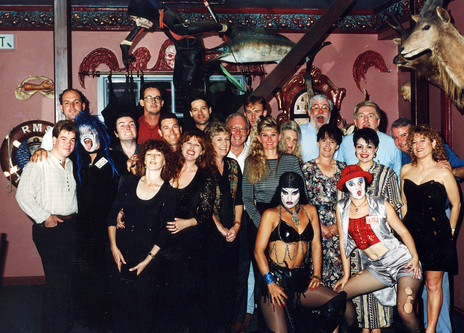
Music World's Australasian staff at Dracula's Theatre restaurant, Surfers Paradise.
Photo credit:
Hoghton Hughes collection
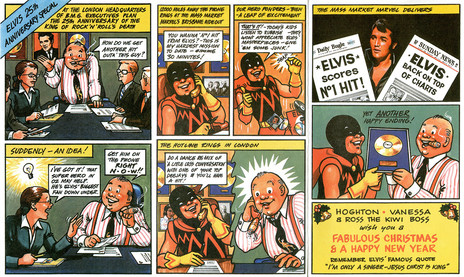
Promotional Christmas card from Hoghton, Vanessa and "Ross the Kiwi Boss".
Photo credit:
Hoghton Hughes collection
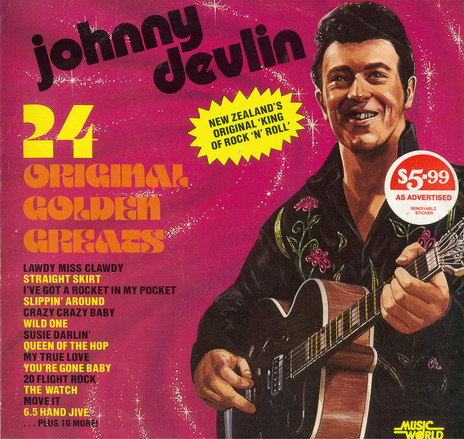
Johnny Devlin - 24 Original Golden Greats (Music World)
Photo credit:
RNZ collection
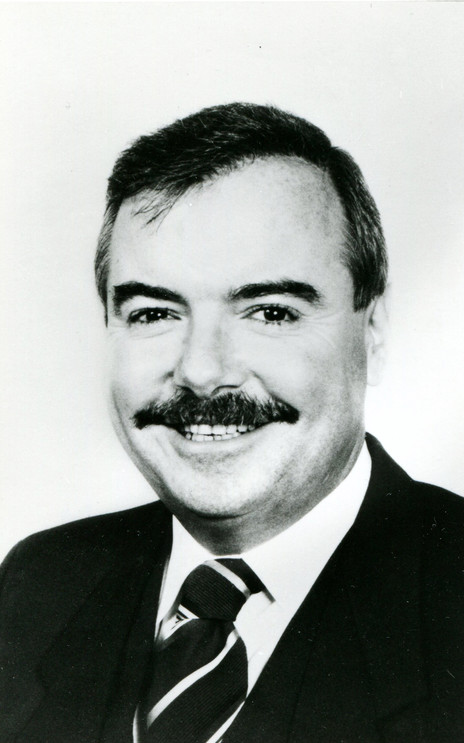
Hoghton Hughes.
Photo credit:
Hoghton Hughes collection
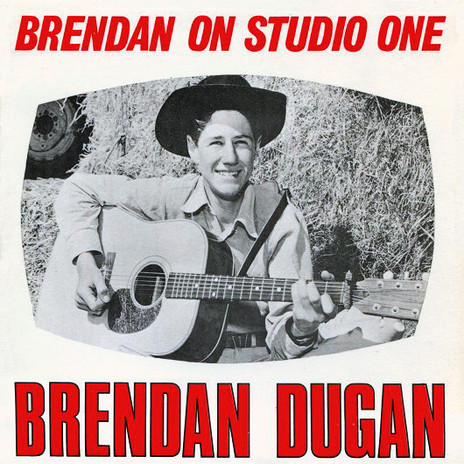
The Brendan On Studio One EP, released hastily by Master after Dugan won his New Faces heat in 1968
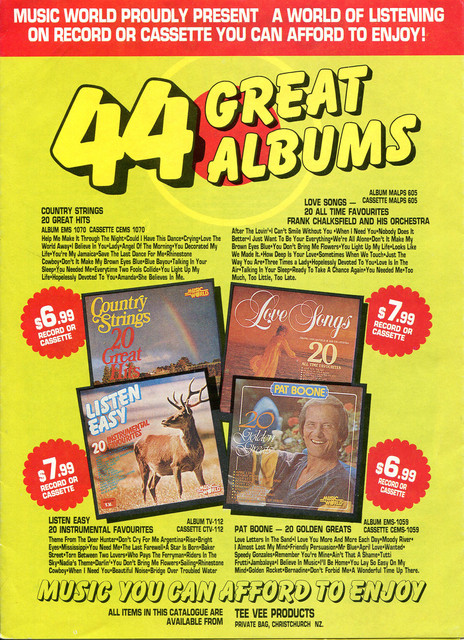
Music World advertisement.
Photo credit:
Hoghton Hughes collection
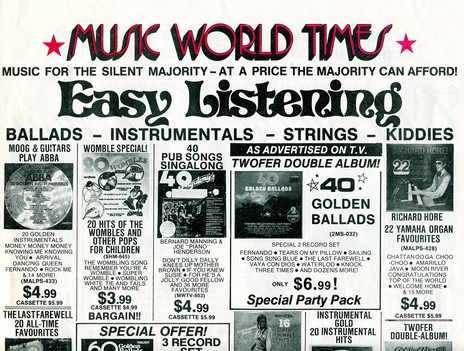
Music World Times catalogue / sales sheet.
Photo credit:
Hoghton Hughes collection
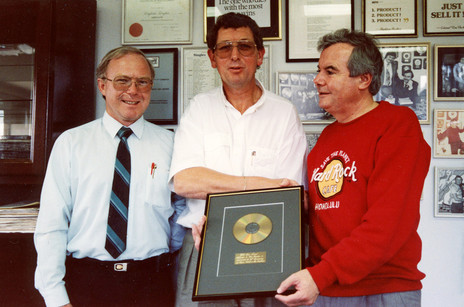
Hoghton Hughes presenting a Gold Disc award to NZ manager Ross
Donohue (centre).
Donohue (centre).
Photo credit:
Hoghton Hughes collection
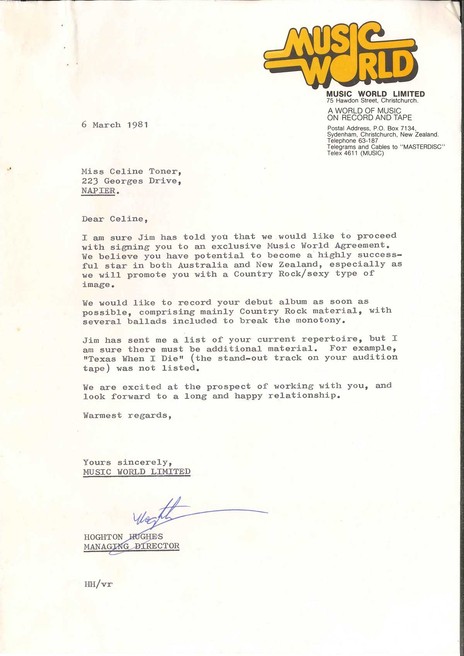
Music World offers Celine Toner a deal
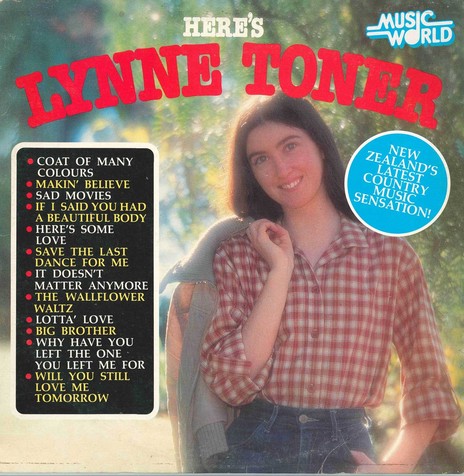
Lynne Toner’s Music World album released in 1980
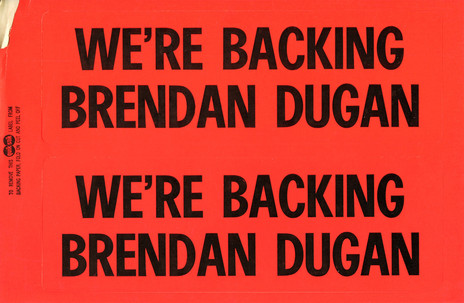
Promotional sticker marketing Brendan Dugan.
Photo credit:
Hoghton Hughes collection
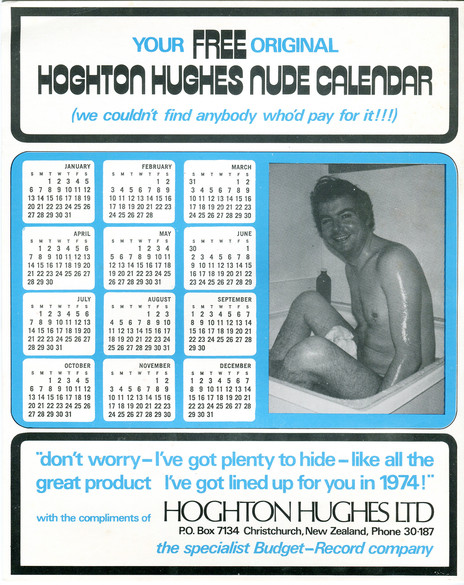
Hoghton Hughes' 1974 nude calendar.
Photo credit:
Hoghton Hughes collection
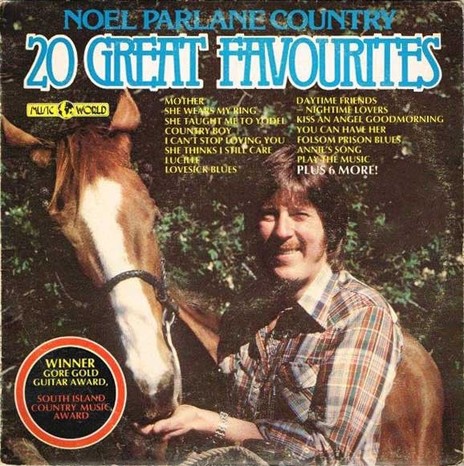
Noel Parlane’s debut album, released on Music World in 1979
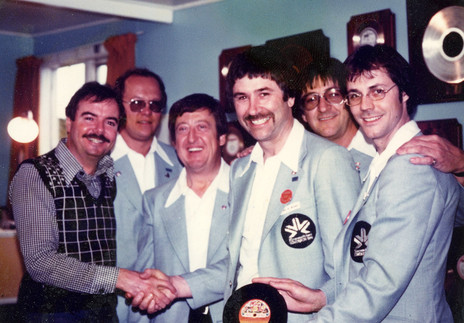
Hoghton Hughes with Canadian group The Emeralds.
Photo credit:
Hoghton Hughes collection
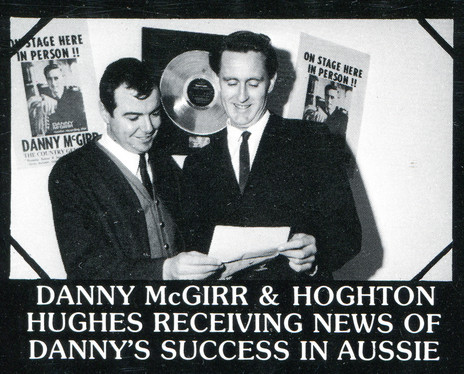
Music World recording artist Danny McGirr and Hoghton Hughes.
Photo credit:
Hoghton Hughes collection
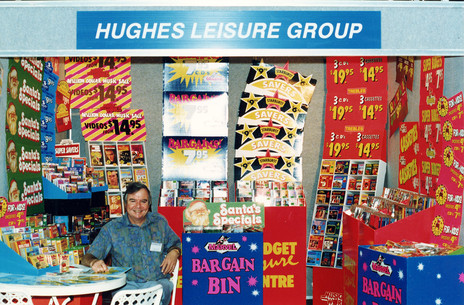
Hoghton at Hughes Leisure Group stand, Singapore Musexpo.
Photo credit:
Hoghton Hughes collection
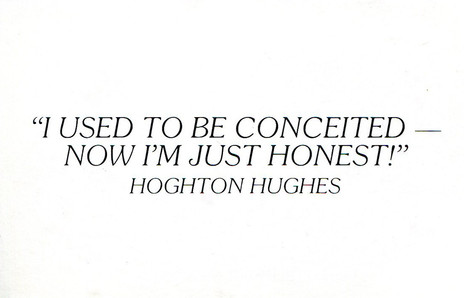
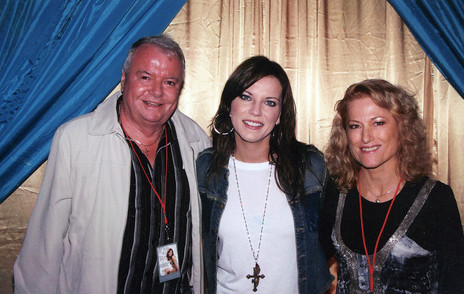
Hoghton & Vanessa with Martina McBride.
Photo credit:
Hoghton Hughes collection
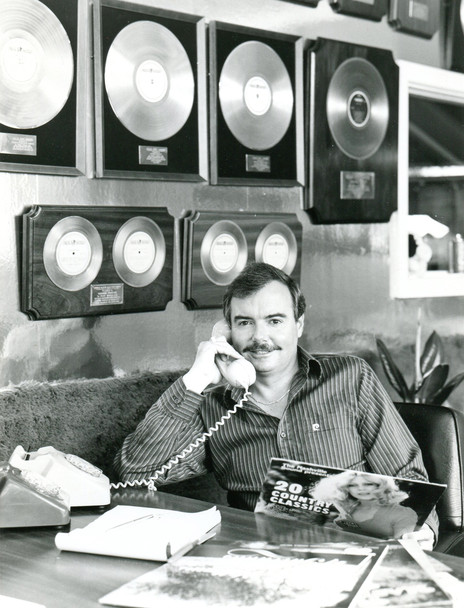
Hoghton Hughes in working the phones mode.
Photo credit:
Hoghton Hughes collection
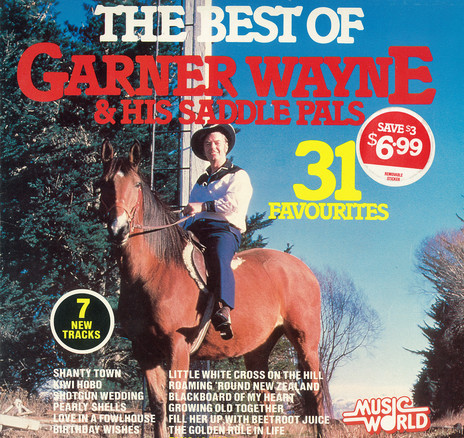
The Best of Garner Wayne and his Saddle Pals (Music World)
Photo credit:
RNZ collection
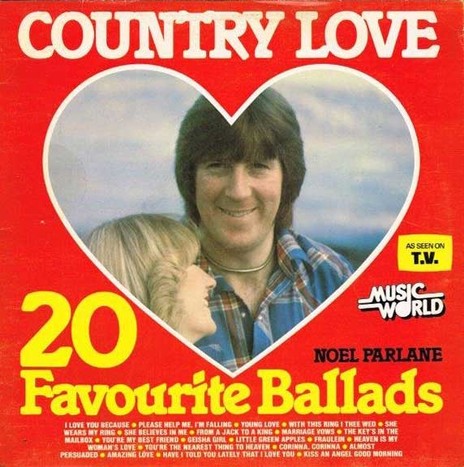
Noel Parlane’s final Music World LP, Country Love, which was certified gold in New Zealand
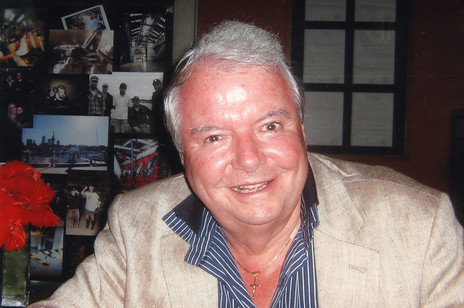
Hoghton Hughes.
Photo credit:
Hoghton Hughes collection
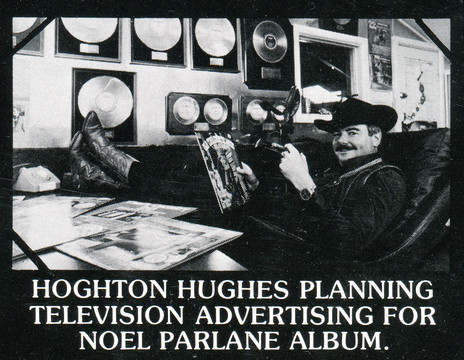
Hoghton Hughes in a publicity photo.
Photo credit:
Hoghton Hughes collection
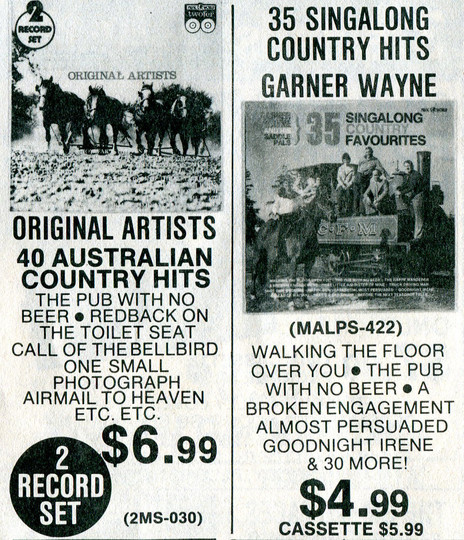
Advertisement for country albums available from Hoghton Hughes' Music World label.
Photo credit:
Hoghton Hughes collection
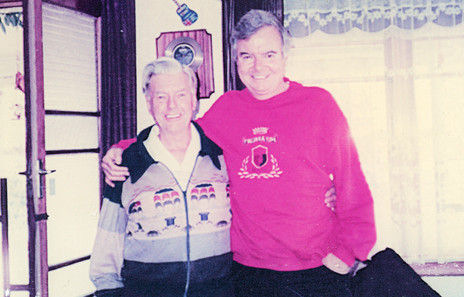
Hoghton Hughes with top selling country star Garner Wayne.
Photo credit:
Hoghton Hughes collection
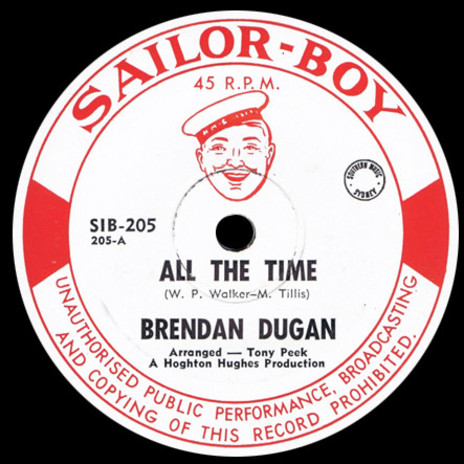
All The Time - the b-side of Brendan Dugan's second single on the Sailor-Boy label, 1968, produced by Hoghton Hughes. Later that year it was released as an a-side on Master, MAS-102.
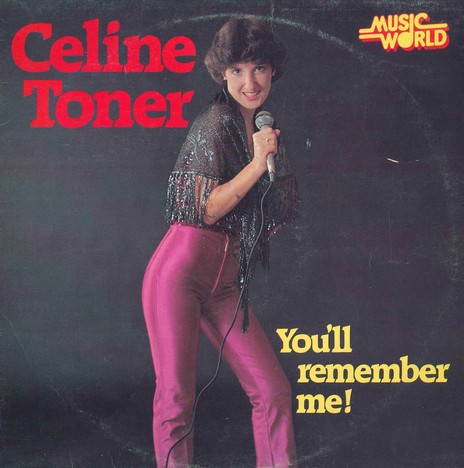
Celine Toner’s Music World album released in 1981
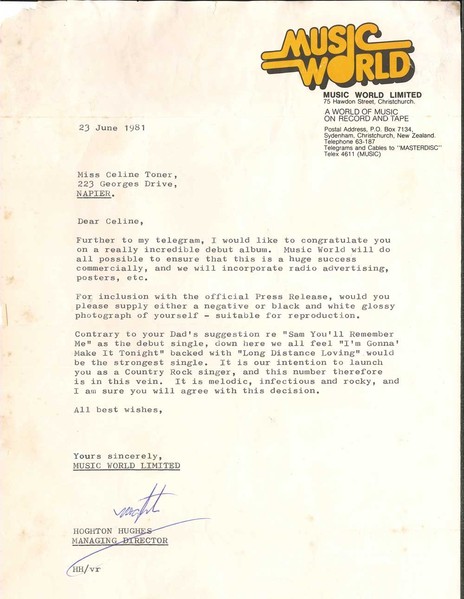
Music World congratulates Celine Toner on her album and makes a suggestion as to the single, targeting her as a country-rock artist, contrary to her father's suggested single.
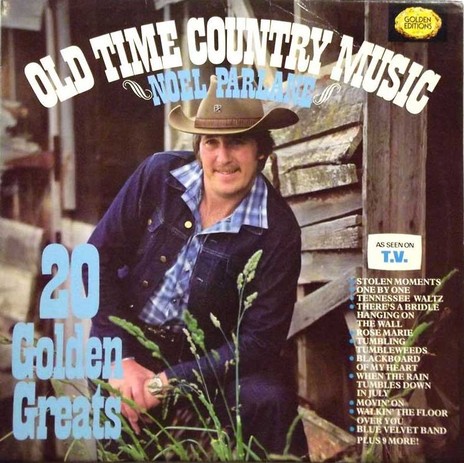
This reissue of Noel Parlane’s third Music World LP, Old Time Country Music, was released on the Music World offshoot Golden Editions; it had already been certified gold in New Zealand
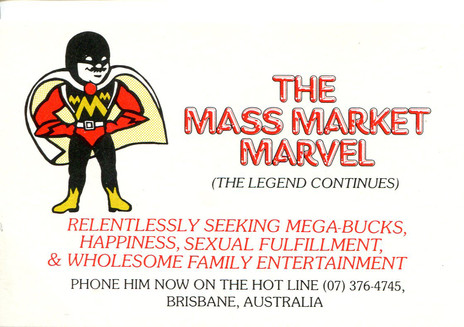
Hoghton Hughes aka the Mass Market Marvel.
Photo credit:
Hoghton Hughes collection
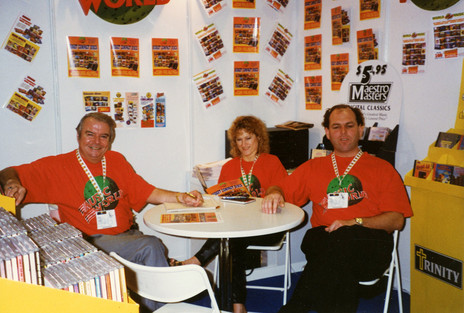
Hoghton & Vanessa with Australian sales manager Andrew Watson at Hong Kong Midem.
Photo credit:
Hoghton Hughes collection
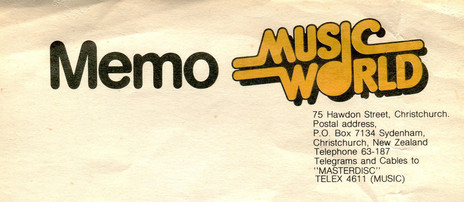
Music World letterhead.
Photo credit:
Hoghton Hughes collection
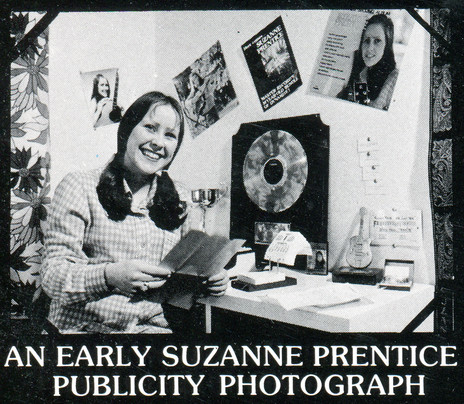
Music World recording artist Suzanne Prentice in an early promotional photo.
Photo credit:
Hoghton Hughes collection
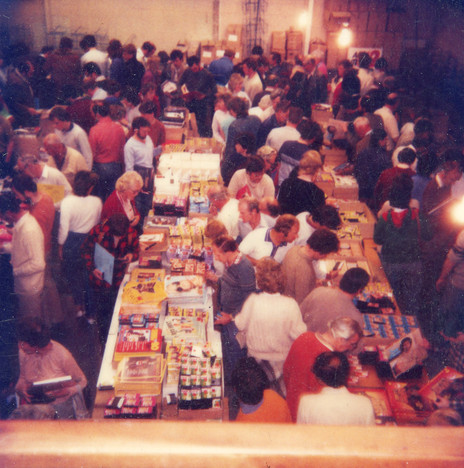
Music World "Warehouse Sale" in the Sydenham warehouse.
Photo credit:
Hoghton Hughes collection
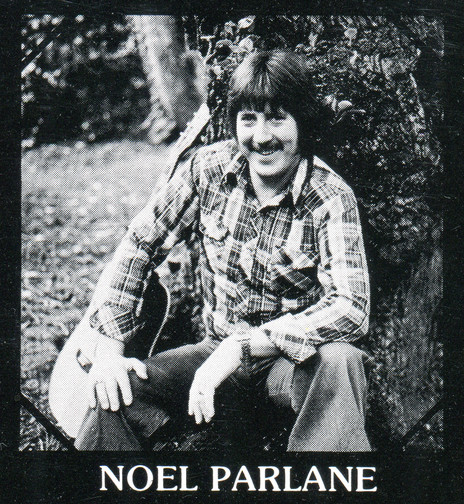
Music World recording artist Noel Parlane.
Photo credit:
Hoghton Hughes collection
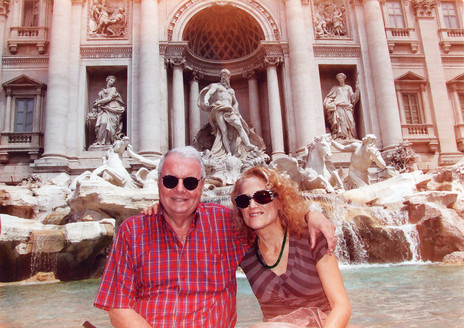
Hoghton & Vanessa at the Trevi Fountain, Rome
Photo credit:
Hoghton Hughes collection